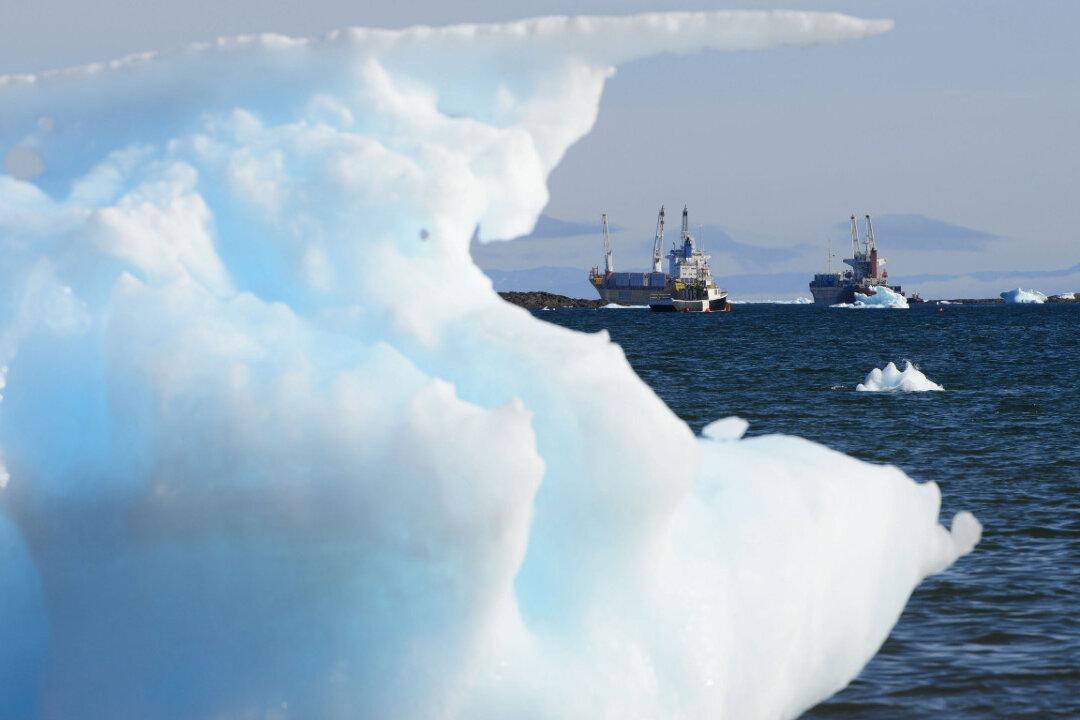The Department of National Defence says Chinese surveillance buoys discovered in Arctic waters last fall have been intercepted by the Canadian Armed Forces (CAF).
The Chinese buoys were identified by the Armed Forces in a mission dubbed Operation LIMPID, which aims to detect threats to Canadian security via routine monitoring of the country’s air, maritime, land, and aerospace domains.





